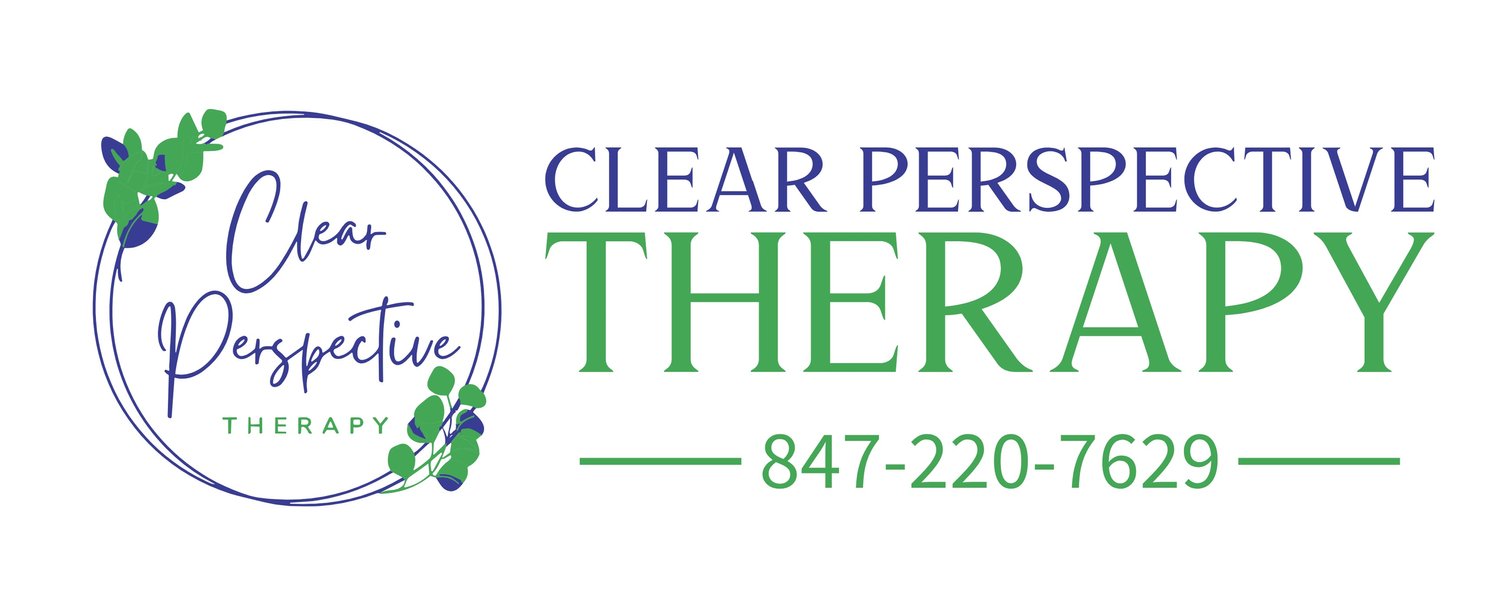Depression
Although depression may occur only once during your life, people typically have multiple episodes. During these episodes, symptoms occur most of the day, nearly every day and may include:
Persistent feelings of sadness, tearfulness, emptiness or hopelessness
Angry outbursts, irritability or frustration
Loss of interest or pleasure in activities, such as sex, hobbies or sports
Difficulty sleeping or sleeping too much
Overtired and trouble getting the energy and motivation to do everyday tasks
Weight gain or loss.
Anxiety, irritability or restlessness
Slowed thinking, speaking or body movements
Feelings of worthlessness or guilt, fixating on past failures or self-blame
Trouble thinking, concentrating, making decisions and remembering things
Frequent or recurrent thoughts of death, suicidal thoughts, suicide attempts or suicide
Unexplained physical problems, such as back pain or headaches
For many people with depression, symptoms usually are severe enough to cause noticeable problems in day-to-day activities, such as work, school, social activities or relationships with others. Some people may feel generally miserable or unhappy without really knowing why.
Depression symptoms in children and teens
Common signs and symptoms of depression in children and teenagers are similar to those of adults, but there can be some differences.
In younger children, symptoms of depression may include sadness, irritability, clinginess, worry, aches and pains, refusing to go to school, or being underweight.
In teens, symptoms may include sadness, irritability, feeling negative and worthless, anger, poor performance or poor attendance at school, feeling misunderstood and extremely sensitive, using recreational drugs or alcohol, eating or sleeping too much, self-harm, loss of interest in normal activities, and avoidance of social interaction.
Depression symptoms in older adults
Depression is not a normal part of growing older, and it should never be taken lightly. Unfortunately, depression often goes undiagnosed and untreated in older adults, and they may feel reluctant to seek help. Symptoms of depression may be different or less obvious in older adults, such as:
Memory difficulties or personality changes
Physical aches or pain
Fatigue, loss of appetite, sleep problems or loss of interest in sex — not caused by a medical condition or medication
Often wanting to stay at home, rather than going out to socialize or doing new things
Suicidal thinking or feelings, especially in older men (mayoclinic.org)
Adults Get Help
Learn about depression, it’s causes and how to relieve the symptoms and get back to your old self.
Reframe and reduce negative thought patterns.
Heal trauma through Cognitive Behavioral Therapy (CBT).
Assess for further treatment (if necessary).
Kids/Adolescents Get Help
Partner with your child’s school to improve connectedness to enhance performance in school.
Help your child learn ways to talk about their feelings and needs.
Through visual cueing, help your child understand their feelings and be able to express them in a way so they feel understood.
Parenting support to recognize the level of treatment, provide strategies for parents to promote mental wellness at home.

